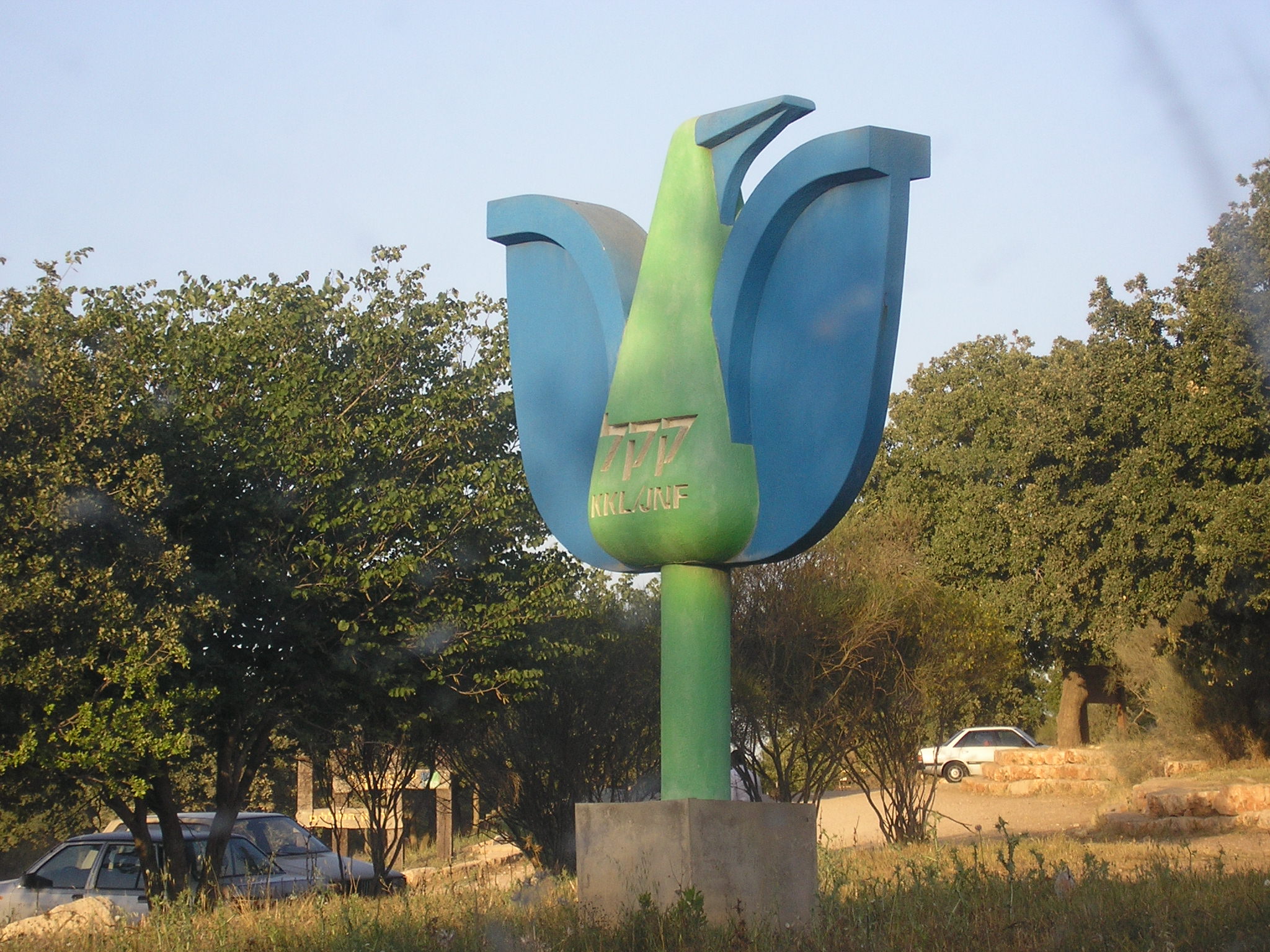Without Making Principal Changes, Israel Allows Arab Citizens to Bid for Jewish National Fund-Controlled Land
 Following a statement by the Attorney General’s Office before the Israeli Supreme Court that Arab citizens would be allowed to participate in all bids for land controlled by the Jewish National Fund (JNF), made in response to a petition by human rights organizations, the organizations withdrew their petition on 27 January 2016 on the basis of this commitment. The organizations – Adalah, the Association for Civil Rights in Israel (ACRI), the Arab Center for Alternative Planning (ACAP), the Legal Clinic at Tel-Aviv University (TAU), and the Mossawa Center – submitted petitions 12 years ago, in 2004, against the JNF, the Israel Land Authority (the ILA, a public institution that administers the JNF’s land), and the Ministry of Finance. They demanded an end to the policy of banning Palestinian Arab citizens of Israel from making bids for land controlled by the JNF.
Following a statement by the Attorney General’s Office before the Israeli Supreme Court that Arab citizens would be allowed to participate in all bids for land controlled by the Jewish National Fund (JNF), made in response to a petition by human rights organizations, the organizations withdrew their petition on 27 January 2016 on the basis of this commitment. The organizations – Adalah, the Association for Civil Rights in Israel (ACRI), the Arab Center for Alternative Planning (ACAP), the Legal Clinic at Tel-Aviv University (TAU), and the Mossawa Center – submitted petitions 12 years ago, in 2004, against the JNF, the Israel Land Authority (the ILA, a public institution that administers the JNF’s land), and the Ministry of Finance. They demanded an end to the policy of banning Palestinian Arab citizens of Israel from making bids for land controlled by the JNF.
The withdrawal of the petitions followed a request filed by the state to the Supreme Court in which it indicated that a new agreement between the ILA and the JNF has come into force. The state claims that this new agreement “solves the problems raised in the petition.” According to the new agreement, internal procedures between the ILA and the JNF allow Arab citizens to participate in bids for this land. However, whenever an Arab citizen of Israel wins a tender, the state will “compensate” the JNF with another parcel of land.
Despite strong criticisms of the agreement, Attorneys Suhad Bishara of Adalah, Raghad Jeraisy of ACRI and Hisham Shabayta of the TAU Legal Clinic, and Mossawa stressed that it does provide a partial solution and a response to the basic demand made in the petition by allowing Arab citizens to bid for land in most areas. However, the agreement does not solve the fundamental, principle problem of racial discrimination raised by the petition that results from the relationship between the state and the JNF. Adalah, ACRI and Mossawa have stated that they will continue to oppose the land swap-policy between the state and the JNF in future legal proceedings.
In their response to the court, the human rights organizations wrote of their reservations about the new agreement signed between the ILA and the JNF, which is vague and self-contradictory, since it is still subject to the discriminatory principles of the JNF. As a result, the ILA will continue to administer the land in question for the benefit of Jewish people only, and fresh legal challenges to the new agreement remain an option.
The petitioners submitted cases before the Israeli Supreme Court in 2004 to demand the cancellation of the policy of banning Arab citizens of Israel from participating in bids for land controlled by the JNF. At the time, the JNF asked the court “not to examine the petitions, since they concern a core of seminal ideological differences,” and that the case “requires research and resolution of the question of the nature and identity of the State of Israel and its character as a Jewish state.”
The JNF owns over 2.5 million dunams of land, which comprise around 13% of the total land space in the country. 93% of the land in Israel is classified as ‘state land’, although the vast majority of the land was owned by Palestinians and used to belong to Palestinian towns and villages that were destroyed and depopulated during the Nakba of 1948. Large areas of land were expropriated from their Arab owners after the establishment of Israel via a series of discriminatory land laws and policies.
HCJ 9205/04, Adalah v. The ILA, et al. (petition withdrawn on 27 January 2016).















